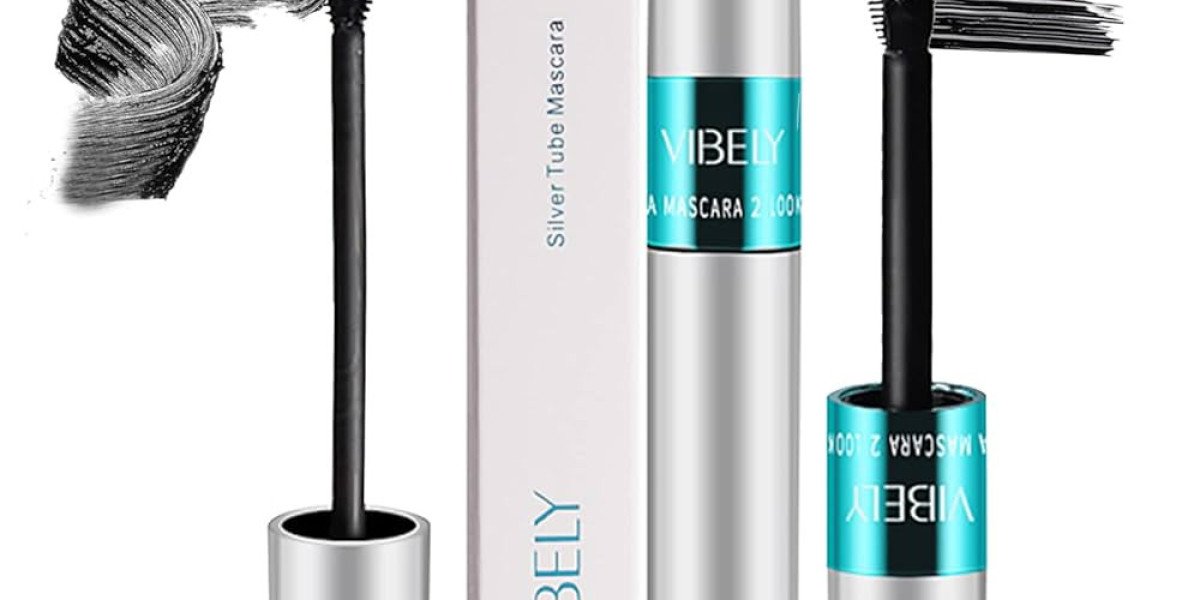In the evolving pharmaceutical industry of Sudan, maintaining sterile manufacturing conditions is vital to ensure product quality, patient safety, and regulatory compliance. One of the most essential technologies enabling this precision is the pharma isolator sudan. These advanced containment systems protect both operators and products from contamination, ensuring seamless production under Good Manufacturing Practice (GMP) guidelines.
Understanding Pharma Isolators
A pharma isolator is a sealed enclosure designed to create a controlled, sterile environment for handling pharmaceutical materials. These systems use HEPA filtration, pressure control, and airflow management to prevent cross-contamination between the operator and the product.
In Sudan’s growing pharmaceutical market, where sterile production is increasingly prioritised, pharma isolators provide unmatched reliability in ensuring aseptic conditions during manufacturing, testing, and packaging processes.
Importance of Pharma Isolators in Sudan’s Pharmaceutical Industry
As Sudan continues to strengthen its pharmaceutical production capabilities, the demand for cleanroom and containment technology is rapidly increasing. Local and international pharmaceutical firms operating in Sudan are focusing on ensuring product purity, operator safety, and regulatory adherence.
Pharma isolators play a central role in meeting these goals by providing a physical and microbiological barrier between the process and external contamination sources. This is particularly critical for the manufacture of sterile injectables, vaccines, oncology drugs, and biological products.
Types of Pharma Isolators Available in Sudan
Different applications demand different isolator configurations. In Sudan, pharmaceutical facilities can choose from several types of isolators depending on their operational needs:
1. Aseptic Isolators
Designed for sterile production, aseptic isolators maintain a positive pressure environment to prevent entry of contaminants. They are ideal for filling, compounding, and aseptic processing in sterile drug manufacturing.
2. Containment Isolators
These isolators maintain a negative-pressure environment to protect operators when handling potent or hazardous substances, such as cytotoxic drugs or active pharmaceutical ingredients (APIs).
3. Sterility Testing Isolators
Used primarily in quality control (QC) laboratories, these isolators provide a contamination-free environment for sterility testing of pharmaceutical batches, ensuring accurate and compliant results.
4. Restricted Access Barrier Systems (RABS)
Although not fully sealed like isolators, RABS systems offer a semi-contained environment with limited access, providing cost-effective contamination control for less critical applications.
Key Features of High-Quality Pharma Isolators
A top-performing pharma isolator must meet stringent design and functional criteria. The following are essential features that pharmaceutical companies in Sudan should look for:
- HEPA or ULPA Filtration System for efficient removal of airborne particles.
- Ergonomic Design to enable safe and comfortable operator use.
- Integrated Decontamination System using vaporised hydrogen peroxide (VHP) or similar agents for reliable sterilisation.
- GMP-Compliant Construction Materials such as stainless steel and tempered glass for durability and cleanability.
- Advanced Control Systems for real-time monitoring of pressure, humidity, and airflow.
- Flexible Transfer Systems, like rapid transfer ports (RTPs) and glove ports, for secure material handling.
Applications of Pharma Isolators in Sudan
Pharma isolators have become a cornerstone technology in various pharmaceutical and biotech processes in Sudan. Their versatility allows them to be used in:
- Sterile Drug Manufacturing – Ensuring aseptic conditions during filling and packaging.
- Quality Control Laboratories – Providing a contamination-free testing environment.
- Research & Development Facilities – Supporting safe handling of experimental compounds.
- Oncology Drug Production – Containing cytotoxic agents to protect workers.
- Vaccine Manufacturing – Maintaining sterility during sensitive biological production.
Regulatory Standards and Compliance
Pharmaceutical manufacturers in Sudan must comply with the World Health Organisation (WHO) and Good Manufacturing Practice (GMP) standards. Pharma isolators play a critical role in ensuring compliance with these guidelines by providing validated aseptic containment.
Modern isolators are also designed in accordance with ISO 14644 cleanroom standards, EU GMP Annex 1, and US FDA guidelines, ensuring they meet international expectations for sterility assurance levels (SAL).
Choosing the Right Pharma Isolator Supplier in Sudan
Selecting a trusted pharma isolator manufacturer or supplier is crucial to achieving long-term operational efficiency. Sudanese pharmaceutical companies should evaluate potential suppliers based on:
- Technical Expertise and track record in supplying GMP-compliant isolators.
- Customisation Capability to meet specific process needs.
- After-sales service and Maintenance Support to ensure system longevity.
- Local Availability of Spare Parts and Technical Assistance.
- Validation and Qualification Support during commissioning.
Leading international manufacturers often collaborate with local engineering firms in Sudan to provide complete turnkey solutions, including design, installation, and validation of isolator systems.
Benefits of Implementing Pharma Isolators
The implementation of pharma isolators provides both operational and safety advantages, making them indispensable in modern pharmaceutical facilities:
- Enhanced Product Sterility: Minimises contamination risk, ensuring consistent product quality.
- Operator Safety: Protects staff from exposure to hazardous materials.
- Regulatory Compliance: Meets global GMP, WHO, and FDA standards.
- Cost-Effective Production: Reduces batch rejections and contamination-related losses.
- Environmental Control: Maintains stable temperature, humidity, and particle count levels.
Future of Pharma Isolators in Sudan
The pharmaceutical industry in Sudan is entering a phase of technological modernisation and regulatory alignment with international standards. As the sector expands, pharma isolators will continue to play a central role in ensuring product safety, innovation, and competitiveness.
Government initiatives encouraging local manufacturing and foreign investment are expected to further boost demand for advanced isolator systems across the country’s pharmaceutical and biotech sectors.
Innovations such as automated isolators, robotic filling lines, and AI-driven process monitoring are set to redefine containment solutions, making production safer, faster, and more efficient in Sudan’s evolving pharma landscape.
Conclusion
In summary, pharma isolators in Sudan represent a pivotal advancement in pharmaceutical manufacturing technology. Their ability to ensure sterility, containment, and regulatory compliance makes them a cornerstone of modern production facilities. By investing in high-quality isolators from trusted suppliers, Sudanese pharmaceutical companies can significantly enhance their operational standards and align with global best practices.







